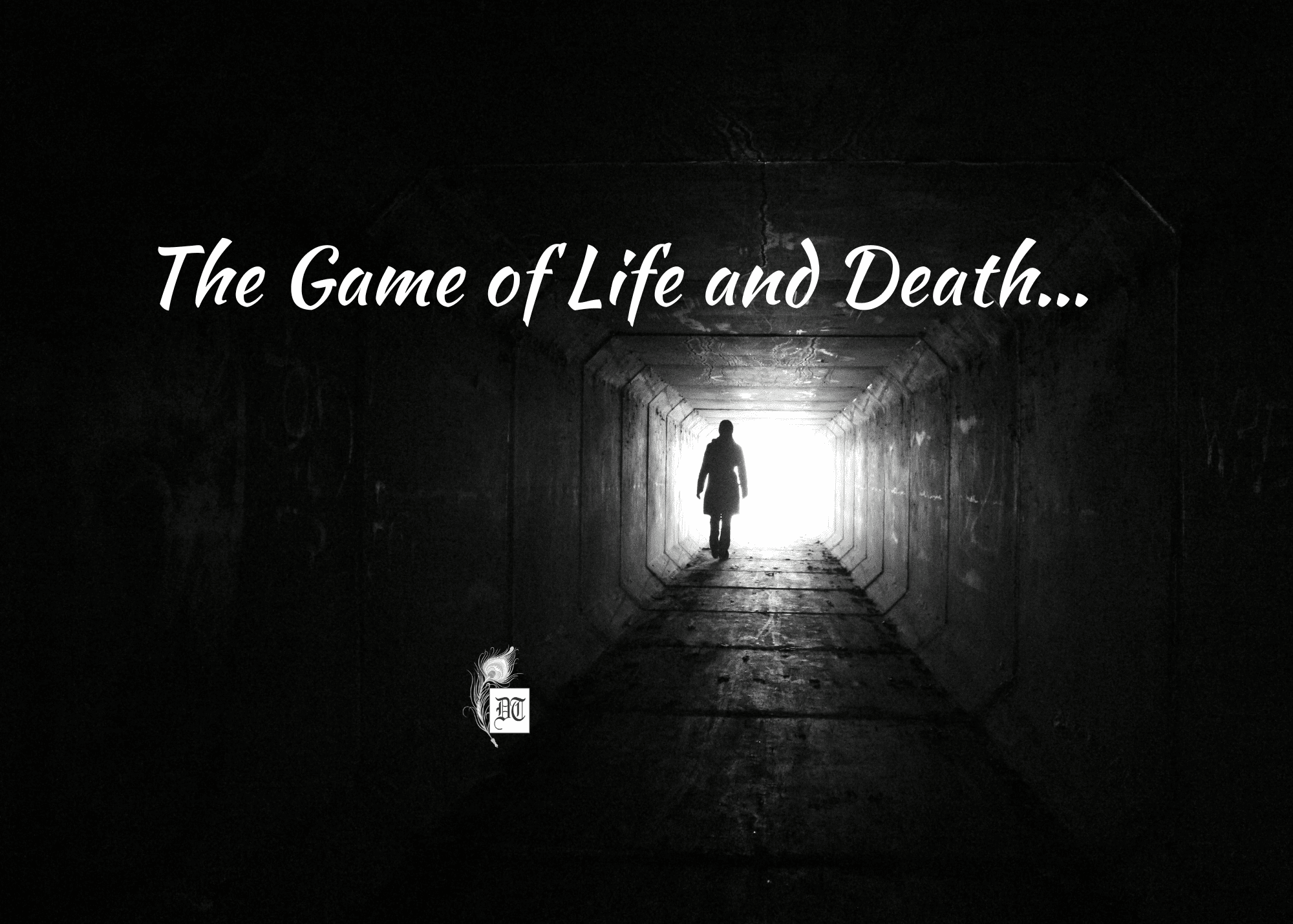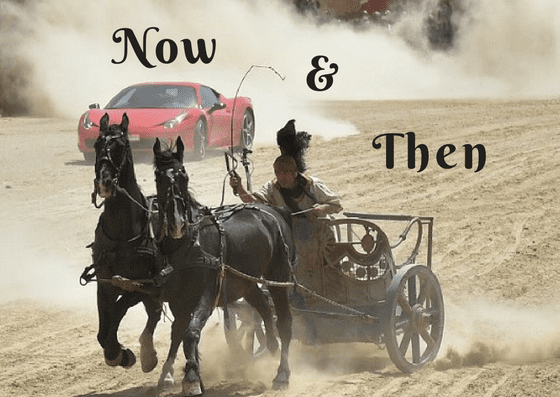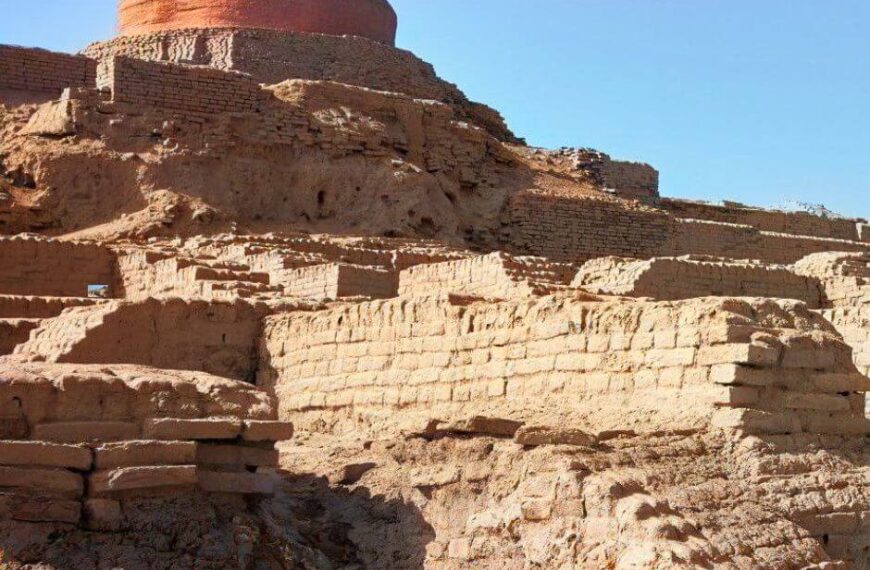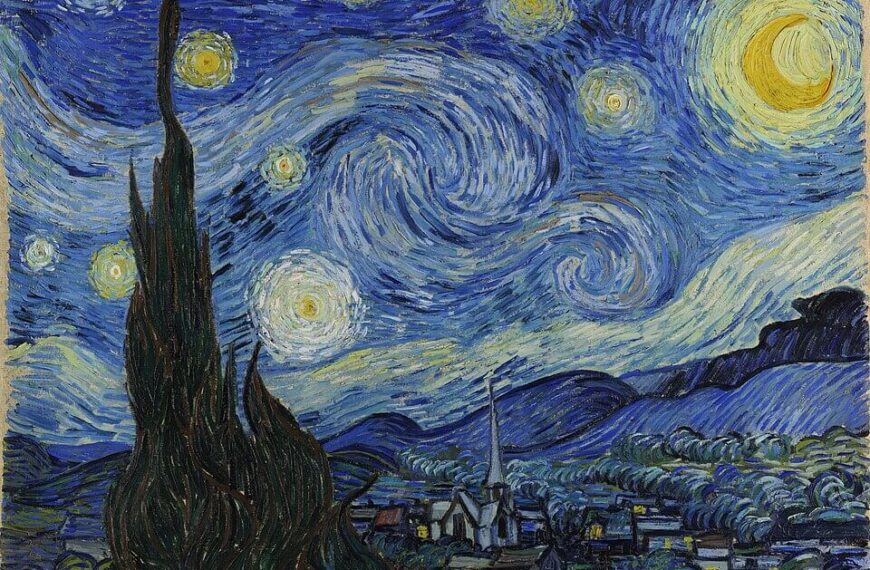The concept of ‘good death’ (euthanasia) existed in the ancient world. Medical assistance was not needed when the Homeric warrior died as a hero and was expected to accept death with resignation. Later the city-state regarded as heroes the men fallen for the cause of the community, honouring these model citizens as those who died well. Sometimes a doctor was called in to assist in voluntary death, a role that was not forbidden. Tapati examines Euthanasia down the ages, in the weekly column. A Different Truths exclusive.
It was few days after Holi; the flavour of the festival of colours was still lingering in the air as the stubborn colours on the skin and the children’s play area refused to fade away. The cool breeze in the early hours of spring was refreshing when I was taking my stroll in the company of serene nature; as I turned back to follow a sparrow flattering away, Neelima from a distance appeared; usually, we both take our morning walk together, but she was absent since the Holi day. I joined her with a welcome smile: “Where did you go for Holi since last three days?”
“My mother expired on the morning of Holi”, Neelima was passive in her answer with a shadow of sadness in her eyes.
“Ohh, I am so sorry to know this”, I was feeling embarrassed and sorry for her as the face of my aged mother flashed in my mind.
“It’s ok, in fact, she was in a vegetative state since last fifteen years; it is good that she got rid of this life”, she continued, “My brother’s family is rather relieved and Ma also got liberated.” She sounded practical with a heavy sigh.
We continued our walk and discussion about the rituals after death, the burden of family over disabled members.
Since last few days, euthanasia was in news with every media airing views of different people from different strata of the society. There is not a single family who does not face this challenge of taking care of sick or aged people bed-ridden and keen to leave this world. Our government has at last legalised passive euthanasia. This is definitely great news for people for whom life has become worse than death but they continued to breathe being at the mercy of medicos and nurses. Bidding a dignified farewell to the world with intact self-respect is a right of every individual, just like everyone has the right to live.
Bhishma, the great patriarch of Mahabharata, opted for an Ichha Mrityu of Death by will, being gravely injured in the Great War but waited for the right moment to embrace death. He declared: “This is the manner of death that I have chosen for myself because of a sense of awareness in death is far better than being at the mercy of others.”
The concept of ‘good death’ (euthanasia) existed in the ancient world. Medical assistance was not needed when the Homeric warrior died as a hero and was expected to accept death with resignation. Later the city-state regarded as heroes the men fallen for the cause of the community, honouring these model citizens as those who died well. Sometimes a doctor was called in to assist in voluntary death, a role that was not forbidden.
The actions of easy death have been applied for hopeless patients who have been suffering extreme pain since ancient ages. In Sparta, it was the common practice for each newborn male child to be examined for signs of disability or sickliness which, if found, led to his death. This practice was regarded as a way to protect the society from unnecessary burden of unhealthy members or as a way to ‘save’ the person from the burden of living at other’s mercy.
In ancient Greece, the suicide of the patient who was suffering extreme pain and had an incurable terminal illness was made easy and for this reason; the physician gave medicine (a poisoned drink) to him. Peoples mindset is reflected as written by Plato “Mentally and physically ill persons should be left to die; they do not have the right to live.”
In ancient Rome, history says that sickly new-born babies were left outside, overnight, exposed to the elements.
In Indian history, we find three types of self-willed death: suicide, voluntary death, and religious self-willed death. Suicide was prohibited, because this self-willed death was prompted by passion, depression or circumstances beyond control. In ancient times, voluntary death was found mainly among the warriors; it was a way to avoid capture and for women a way to avoid physical assault, rape or slavery by the conqueror.
From a religious point of view, death is like a meditation, a Samadhi. That’s the way it is called Maha (Great) Samadhi in India.
In ancient India, voluntary death was permitted. People point out that in the epic Mahabharata, its heroes and heroin Pandavas and Draupadi gave up the kingdom and embarked upon the mahaprasthana, the great departure. The notion of Kashi yatra and practice of Samadhi and Nirvana were also prevalent in ancient Hindu, Jain, and Buddhist civilisations.
Manusmriti mentions about salvation:
“After living the householder’s stage of life in accordance with the rules, a twice-born Vedic graduate should live in the forest, properly restrained and with his sensory power conquered. But when a householder sees that he is wrinkled and grey, and (when he sees) the children of his children, then he should take himself to the wilderness. Or he should set out in a north-easterly direction and walk straight forward, diligently engaged in eating nothing but water and air, until his body collapses.”
Jains have an ancient custom called sallekhana or santhara; according to this custom, a person can take a vow not to drink or eat food till his last breath. Even in modern India, it is reported that Jains resort to santhara in a sizable number. Gujarat, Rajasthan, Maharashtra, and Karnataka account for most santharas in the country. It is also to be noted that santhara is not the preserve of Jain monks who have renounced worldly affairs.
A number of Greek philosophers chose how and when to die. Socrates was given a bowl of hemlock to drink because he wanted to stay aware till his last breath. Hemlock causes slow but peaceful death with complete awareness.
Gautama Buddha requested his disciple Ananda not to do anything to save his life: “I want to see death come and take me away.”
People beg to die across the world when they suffer a terminal illness. Not letting them die is more of a punishment and torture than any kind of benevolent treatment. “Let him go with a smile and he will be thankful for the world that his wish is granted unconditionally and mercifully.” These are the lines penned by a prudent author as he quoted Robert Browning:
“I give the fight up
Let there be an end
A privacy, an obscure nook for me
I want to be forgotten even by God.”
We must respect this desire to let one go when he feels his time is over on this earth.
An unproductive existence, a life without meaning and purpose, living as a liability is a state which one wants to get rid of and go for a peaceful death of dignity. This realisation has driven people from past to allow men to die at will. Seen as a sort of benevolent outlook, societies in the past looked at death with compassion. The basic intention to help a life to prolong is a noble one but equally noble is the realisation of not to aggravate the pain of the sufferer by not letting him die. Being human towards both life and death should be a great attitude of humanity.
Picture design Anumita Roy
#Euthanasia #GameOfLifeAndDeath #HistoryOfEuthanasia #WishToLeave #Bhishma #AncientGreek #JainCustom #NowAndThen #CoverStory #DifferentTruths








 By
By
 By
By
 By
By
 By
By
A delicate subject, very well-handled.